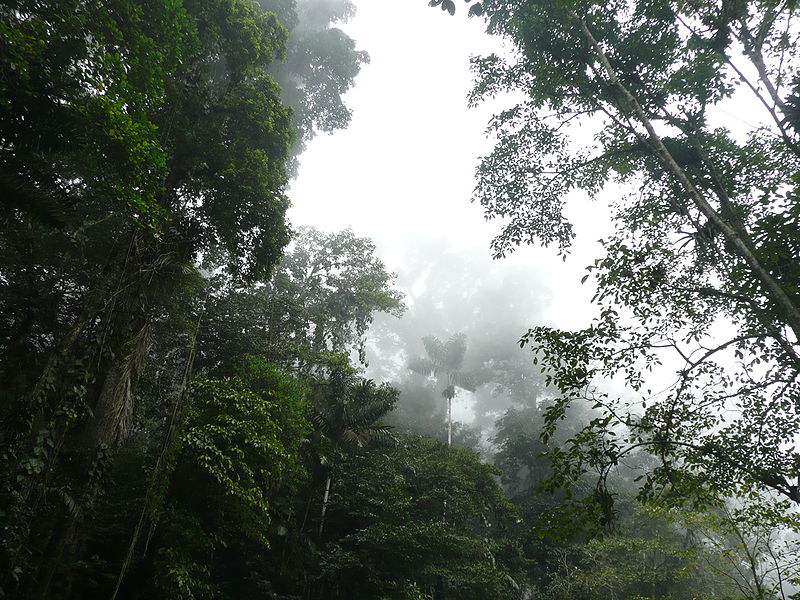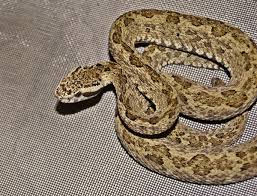For those who like nature and are passionate about exploration, getting into the tropical cloud forest is a fascinating experience. Each plant, a tiny insect or with luck a bigger animal, represents a discovery that shows again and again the source of knowledge and satisfaction that represents the wildness.


However, this world enclose a lot danger. I remember once, being a member of the hiker group at the university, we climbed a rocky slope of the forest; from the point of view of the ascent it was not really a difficult road and in As a consequence I did it with a certain speed and carelessness, the truth that paid little attention to where I supported my hands. It was one of those moments when good fortune smiles at you, when I got up, driven by having leant my left foot on a shelf and holding my hand on the same side on a rock, I was preparing to place my right hand on another ledge which formed a kind of cavity, when my distracted vision saw a mapanare, tigra mariposa or four noses (snakes of the genus Bothrops) in its characteristic position, rolled up and with the head directed outwards resting on the body.


Fortunately I have been characterized always by having enough self-control in dangerous situations. For a few seconds I looked at the snake while she did the same with me, showing her forked tongue; overcome the moment of amazement and terror and even with my hand in the air without grabbing the rock, I went slowly back the way I had come.
Even today, every time that episode comes to mind, I reflect on the role of chance in life, what would have happened if, just in that step, as in others I did in that climb, I had not turned my gaze towards there and I would have put my hand absently in the cavity? Well, most likely, either I was not counting it or I had trouble writing this article due to lack of fingers or the entire hand.
The so-called mapanare, in this case a Bothrops venezuelensis, is an extremely dangerous poisonous snake. Its poison has a proteolytic effect on the tissues (dissolves them and generates necrosis), so even running with luck, in the sense of not perishing, it was very likely that I would have lost the bitten limb. I always remember a reading that impressed me very much, from one of the books that I had to consult for a work I did on poisonous snakes, as part of the course of Agricultural Zoology, It was narrated in this work as a specialist of the Butantan Institute in Brazil, one of the most reputable centers of research in ophidological research (the study of snakes), was bitten by a snake Bothrops, and despite having obviously immediate medical assistance and accurate, that is, the specific antivenom serum was applied, he lost the thumb where the bite occurred.
Since then, I do not neglect to be aware of my surroundings when I work in the field, and now as a teacher, I always ask my students to be attentive when they make excursions to look for botanical samples. The idyllic landscapes and the pleasant sensation of peace and tranquility that is enjoyed when walking through wild places, should never make us forget the dangers that these places contain.